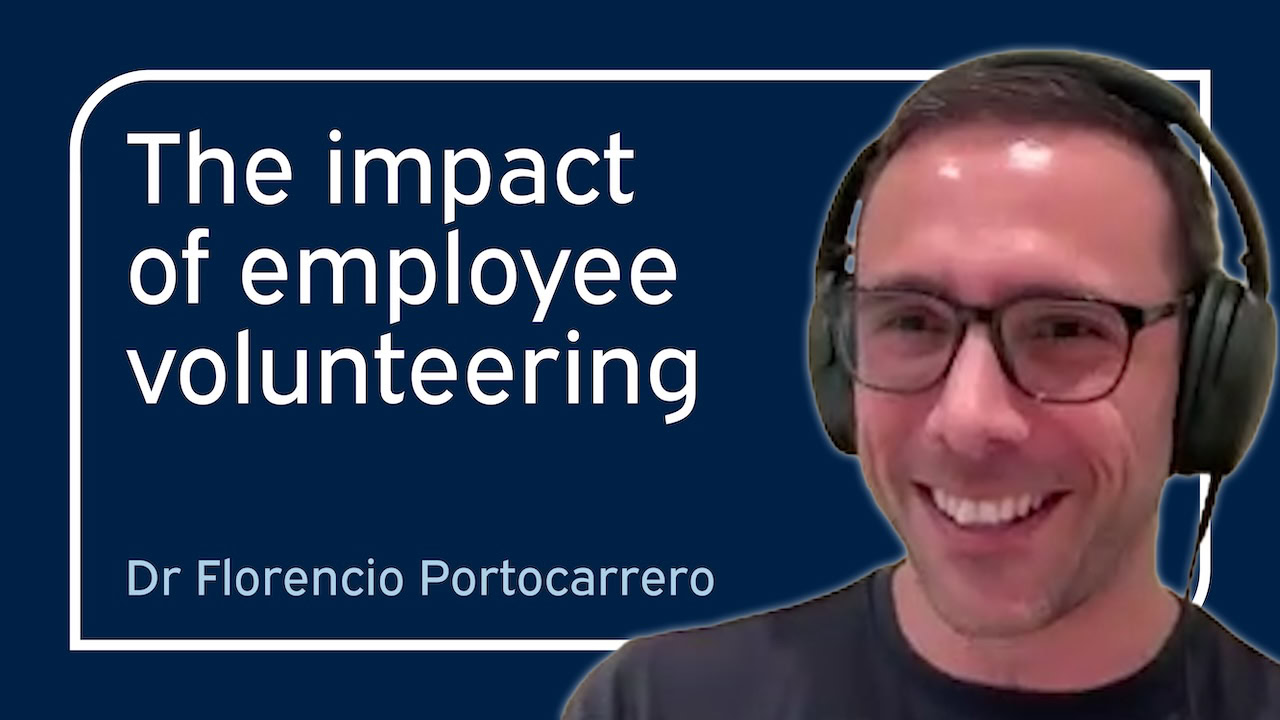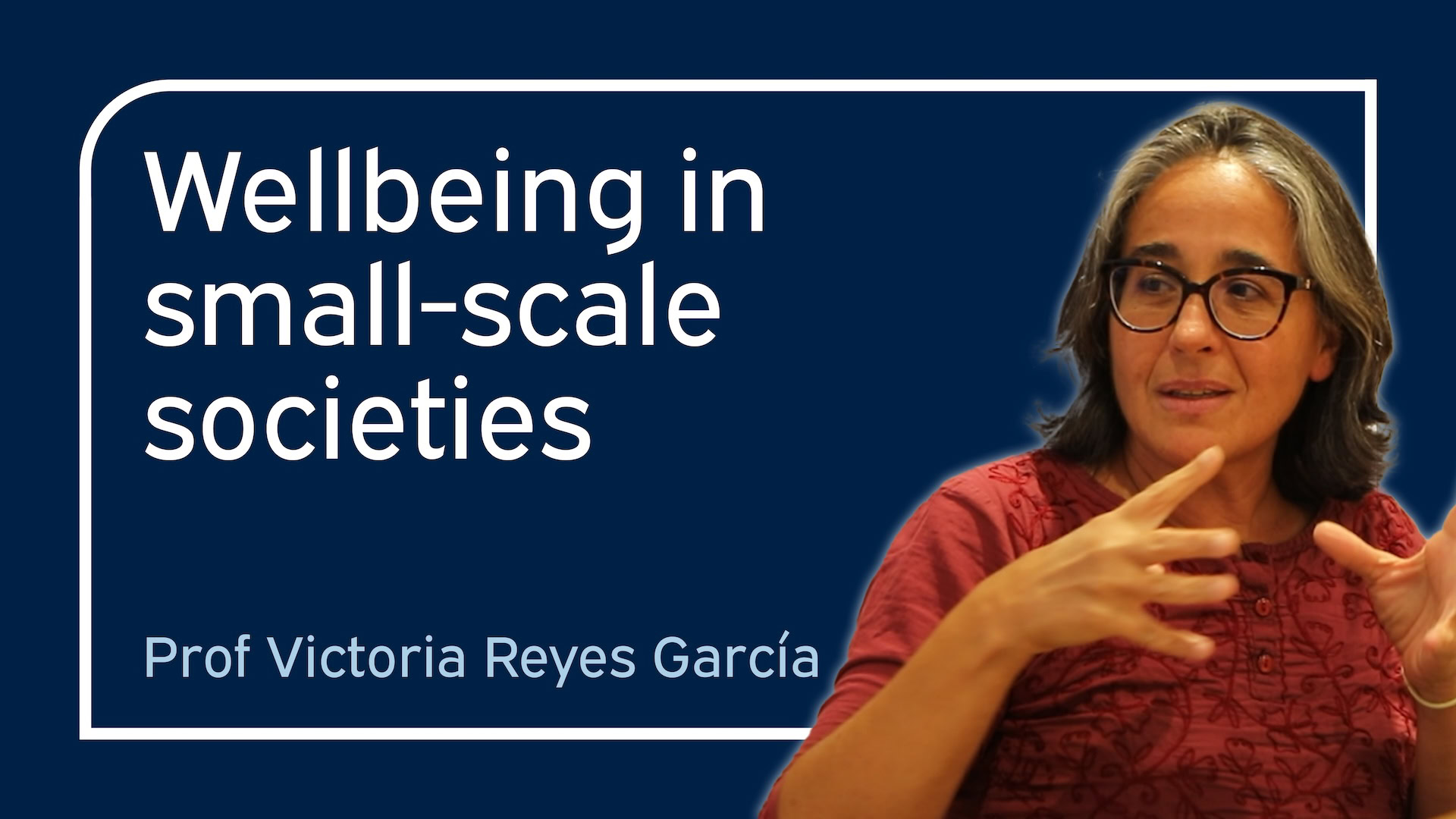Qiqi Cheng, Kathryn Mills-Webb, Jose Marquez, and Neil Humphrey
Abstract
Current understanding of the longitudinal relationships between different aspects of peer relationships and mental health problems in early- to mid-adolescence is limited. In particular, the role played by gender in these developmental cascades processes is unclear, little is known about within-person effects between bullying victimization and internalizing symptoms, and the theorized benefits of friendship and social support are largely untested. Addressing these important research gaps, this study tested a number of theory-driven hypotheses (e.g., interpersonal risk model, transactional model) regarding longitudinal relationships between bullying victimization, friendship and social support, and internalizing symptoms. The study sample was N = 26,458 adolescents (50.6% girls, average age 12 years 8 months (SD = 3.58 months) at baseline) attending k = 176 schools in Greater Manchester, England. Separating within-person effects from between-person effects, a random-intercept cross-lagged panel model (RI-CLPM) was applied to three annual waves of data. Analyses revealed that developmental cascade pathways varied across gender, as follows: higher rates of bullying victimization led to increased internalizing symptoms (partially for girls, fully for boys) and lower levels of friendship and social support (for girls only); higher levels of friendship and social support did not confer any protection against future bullying victimization (for girls or boys) but did lead to reduced internalizing symptoms (partially for girls, but not for boys); and, higher levels of internalizing symptoms led to increased rates of bullying victimization (for boys only) and lower levels of friendship and social support (partially for girls, fully for boys). Evidence of reciprocal relationships between bullying victimization and internalizing symptoms (for boys only) and between internalizing symptoms and friendship and social support (for girls only) was also found. Effect sizes of developmental cascade pathways varied but were mostly in the moderate-to-large range relative to the empirical distribution of cross-lagged effects in existing studies (i.e., 50th to 75th percentile). Sensitivity analyses indicated that findings were largely robust to a number of researcher-led analytic choices. The current study indicates that approaches to prevent or reduce the effects of bullying victimization should be prioritized, given the consistent evidence of its substantial role in increasing internalizing symptoms for both genders, in addition to its deleterious impact on girls’ friendship and social support. Preregistration: This study was preregistered at https://osf.io/xrwfq. The study design, hypotheses, and target analyses were registered.

